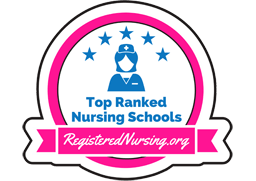Sexual Misconduct Resources and Education
If you fear for your safety, please call 911 right away for emergency service. If you need immediate and confidential help, please call: The Sexual Assault Crisis Center of Eastern Connecticut Hotline: (888) 999-5545 or the Safe Futures Hotline: (888) 774-2900.
You have rights. You have choices. You have advocates.
These web pages are intended to provide all members of the Three Rivers Campus Community with resources to help better understand what sexual misconduct is, and what can be done if you or someone you know has suffered from any of its forms.
Your Rights to Privacy
The College encourages victims of sexual misconduct to talk to someone about what happened so that they can get the help they need. This page explains in greater detail with whom your information may be shared and how it will be protected if you come forward to the College.
Mandated Reporting
The College will take all reasonable steps to protect the privacy of those who disclose sexual misconduct, but please understand that no Three Rivers Community College employee can promise confidentiality. As part of the College’s mission to ensure the safety of its community, and its obligation to the Jeanne Clery Act, all employees are expected to report any disclosed details of sexual misconduct to the Title IX Coordinator. Your information may also be shared with other authorized College employees who require it to perform their duties, ensure campus safety, or both.
If there is reason to believe that a person under 18 years old has been victimized, the College must also report to the department of children and families (DCF).
For confidential options, please review these Confidential Off-Campus Resources.
The Family Education Rights and Privacy Act (FERPA)
The Family Education Rights and Privacy Act protect the privacy of educational records for students attending federally funded schools, which applies to Three Rivers Community College. Any complaints of sexual misconduct filed by a student would be documented and considered part of that student’s educational record. Generally, a school must be given written permission from a student in order to release information protected by FERPA. However, there are exceptions.
Most commonly, your records could be shared if…
- A College employee has a legitimate professional reason to see them
- A judicial order or subpoena requires them
- Appropriate officials in cases of health and safety emergencies require them
- State and local authorities, within a juvenile justice system, require them
What this means is that the College will make the greatest effort it can within the confines of the law to protect the privacy of those who come forward, but no College employee can promise confidentiality.
If you are an employee…
For more information about your rights to privacy, please contact Jasmine Rosado or Shaylah Carbone, Human Resources, or your union representative.
Jasmine Rosado
HR Generalist
860-215-9212
jrosado@commnet.edu
Shaylah Carbone
HR Regional Director
860-215-9212
SCarbone@commnet.edu
Mike Lopez
Director of Compensation, Benefits, and HR Administration
860.723.0331
MLopez@commnet.edu
 TRCC EXTRANET
TRCC EXTRANET




